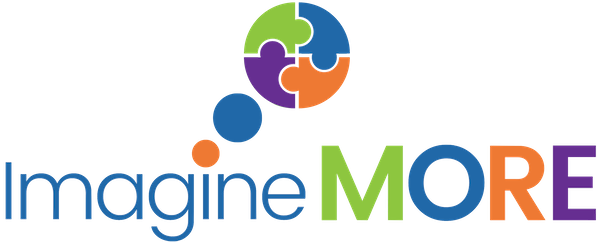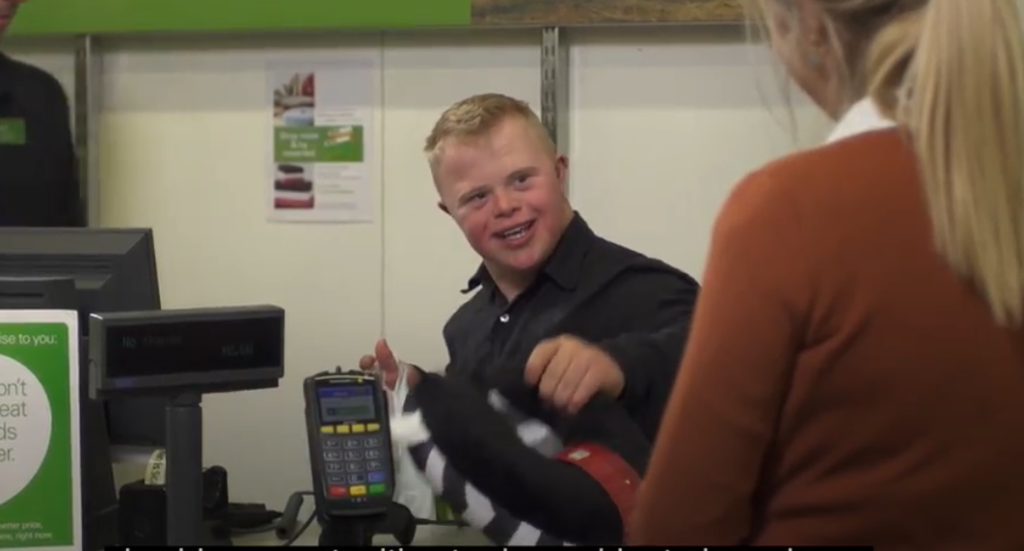While gathering stories for our Work Experience workshop in early September 2022, it’s become clear just how much families do to support their family members with disability to find their place in the working world. This journey typically starts with work experience.
It was difficult to find stories of young people with disability that have had the opportunity of school-supported work experience within the community. Instead, we found some fabulous stories of families who have supported their family members to set up a microenterprise to explore their interests.
Unfortunately, not all families have the time, energy or resources to support their family members to set up a business.
Therefore, we are advocating for more targeted investment in students with disability to gain work experience by:
- ensuring there are opportunities for work experience outside of the school grounds that are driven by the student’s interests
- customising positive work experiences to the person
- providing high-quality (nuanced) support for the workplace to make the work experience successful
- ensuring funding and support are easy to access.
Making the most of work experience during the high school years
In schools, work experience is typically first offered in year 10. Students with disability should always have access to work experience opportunities during the school term.
Of course, work experiences need to be set up well to support students with disability and the workplaces that welcome them. We’re looking forward to working with local careers advisors in the future to help them design fantastic work experiences for all students with disability.
We will also advocate for funding for students with disability to do work experience outside of the school gate. The NDIS currently sees all work experience held during school hours as being “the responsibility of education” and so won’t provide any funding unless complementary support is required.
This stance has resulted in
- many students with disability missing out on work experience entirely
- an alarming growth of simulated work environments (such as simulated supermarkets built on school grounds)
- an increase in the number of students with disability who do their work experience placements only within the school environment, such as the school library, classroom, or school grounds.
We’d love to see SLES (School Leaver Employment Support) funding made available to students from Year 10. This will help students to begin their exploration of the world of work much sooner.
To gain more insights into how to make work experience a reality for your family member with disability, take a look at the upcoming events about employment and our School to Work project.
Disability Employment Services in the spotlight
Recently, the Government announced that they intend to shut down many Disability Employment Services (DES) because of poor employment outcomes for people with disability. We weren’t surprised by this decision as we’ve heard many stories of
- recent school leavers stuck in “job readiness” programs for months on end
- poor practices around the Discovery process. Inadequate Discovery leads to a poor understanding of the person’s interests, skills, and potential contributions to a workplace
- little or no job customisation
- inadequate support for workplaces welcoming an employee with disability
- widely-prevalent job insecurity.
We will continue to advocate for the funding of proven employment models, especially for people with intellectual disability and autism. A very successful model is customised employment.
Customised employment
- recognises that everyone can make valuable contributions to a workplace
- takes a one-person-at-a-time approach
- requires an early investment of (sometimes considerable) time and effort in order to discover the person’s unique interests, skills, and contributions
- develop a job that both suits the person and benefits the workplace
- supports the workplace to support the person for long-term job success.
Unfortunately, customised employment is difficult for the DES system to deliver due to funding constraints. This leads to an inability to devote adequate time to discovery and/or adequate job development.
Effective nationwide implementation of customised employment will require
- Wider recognition of the value of a customised approach to employment
- Funding models that support a customised approach.
We’ll be watching this space with interest.
This article was first published in our newsletter on 26 August 2022



